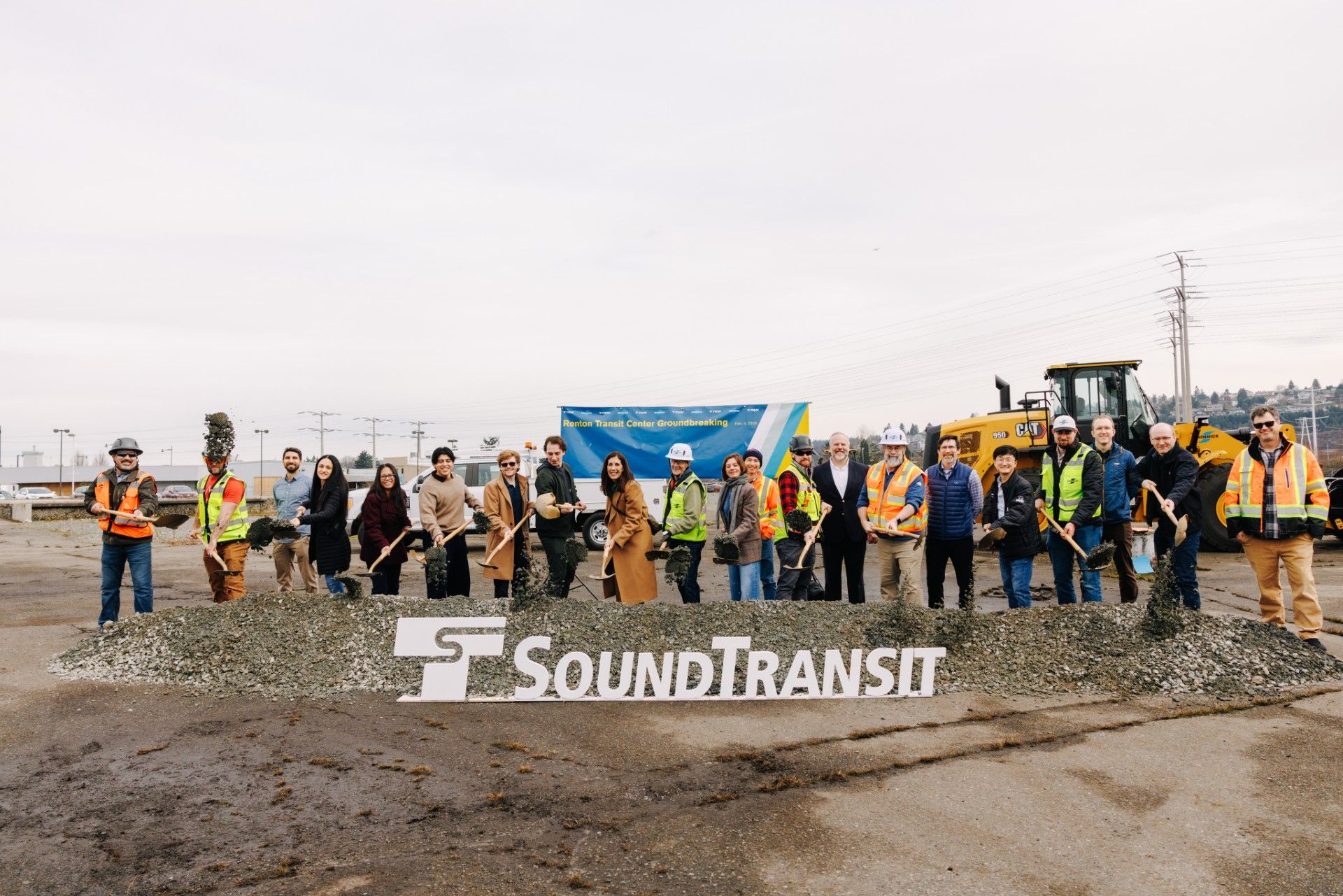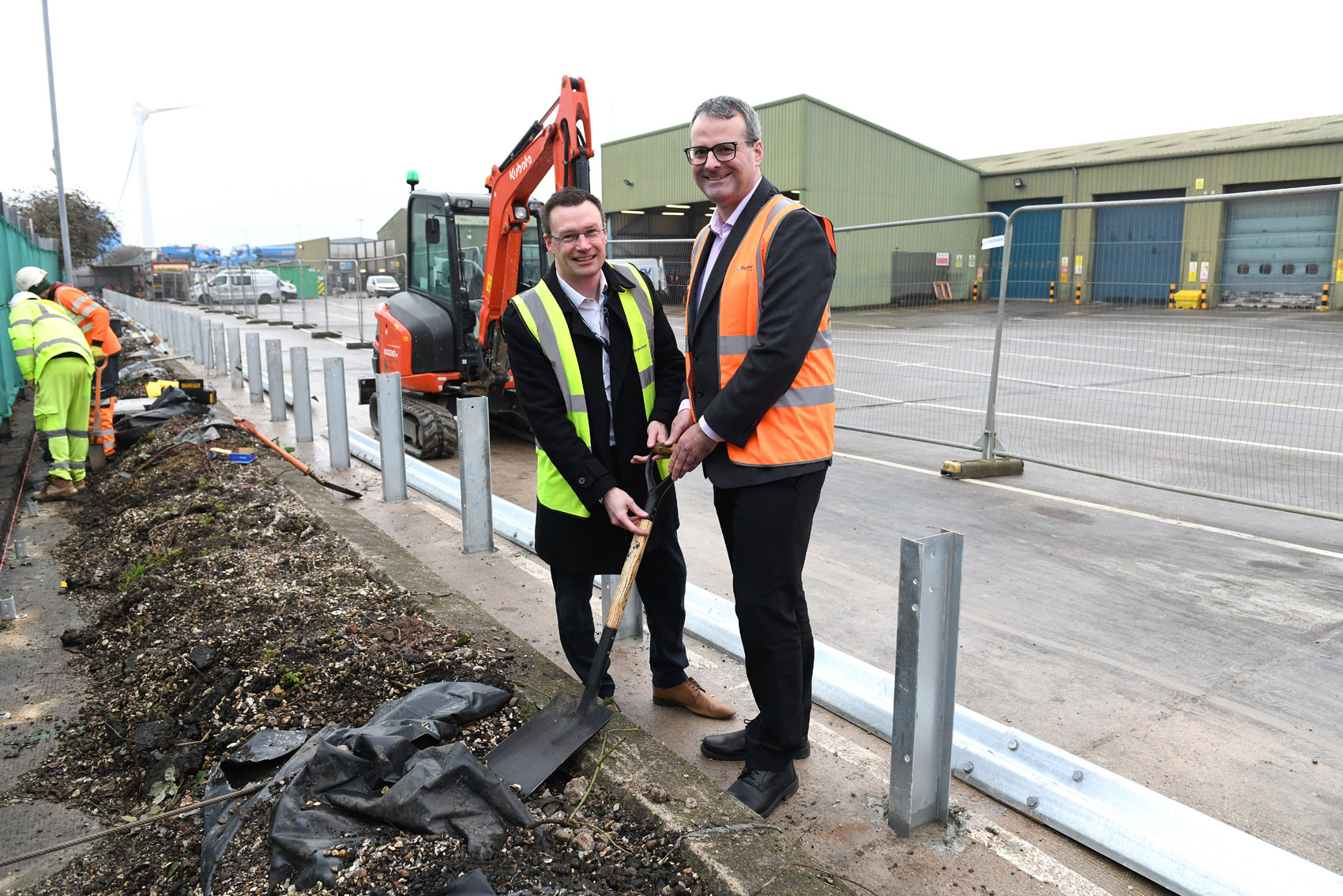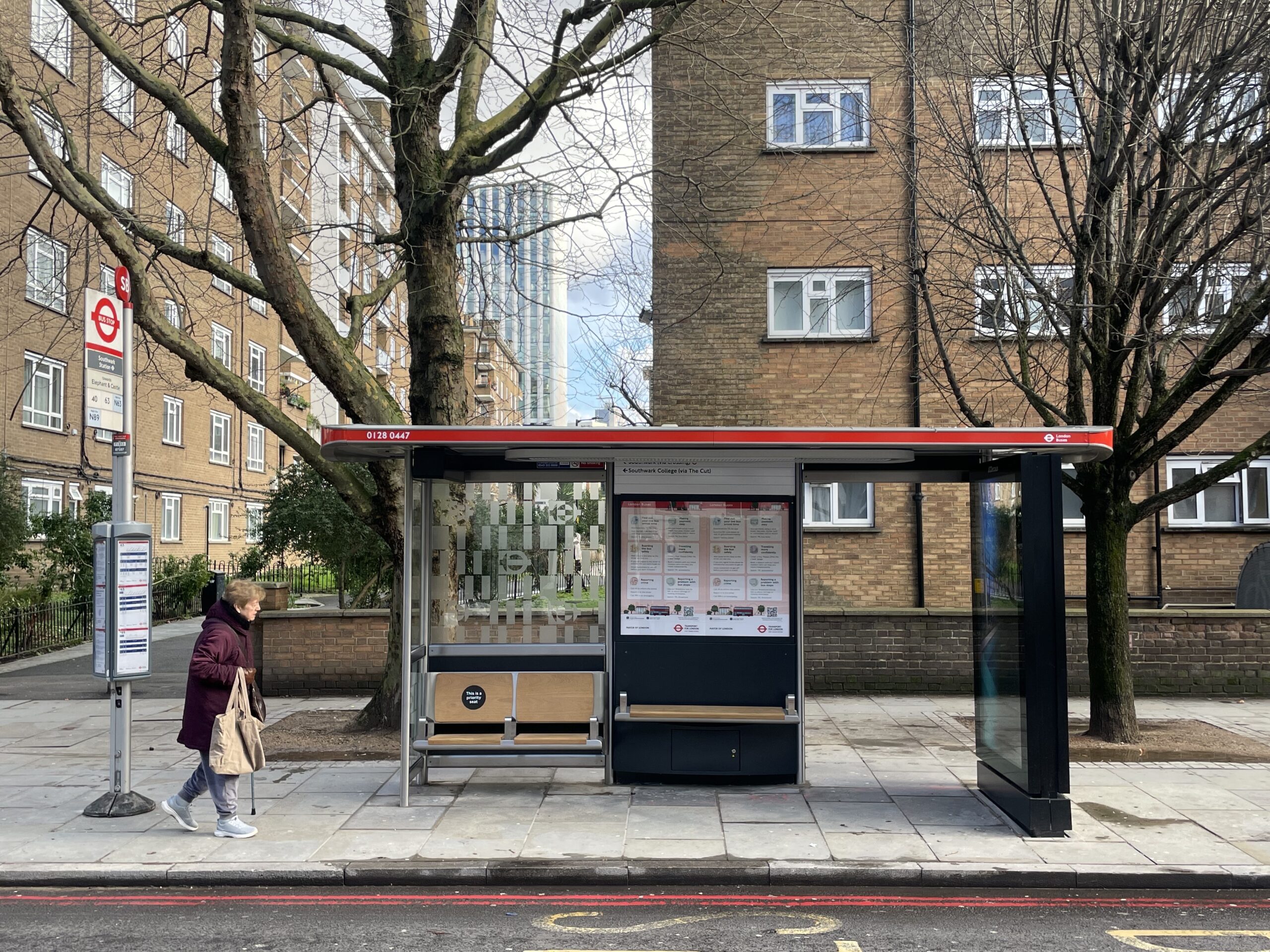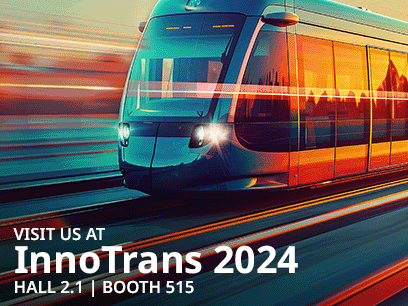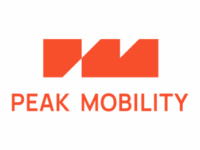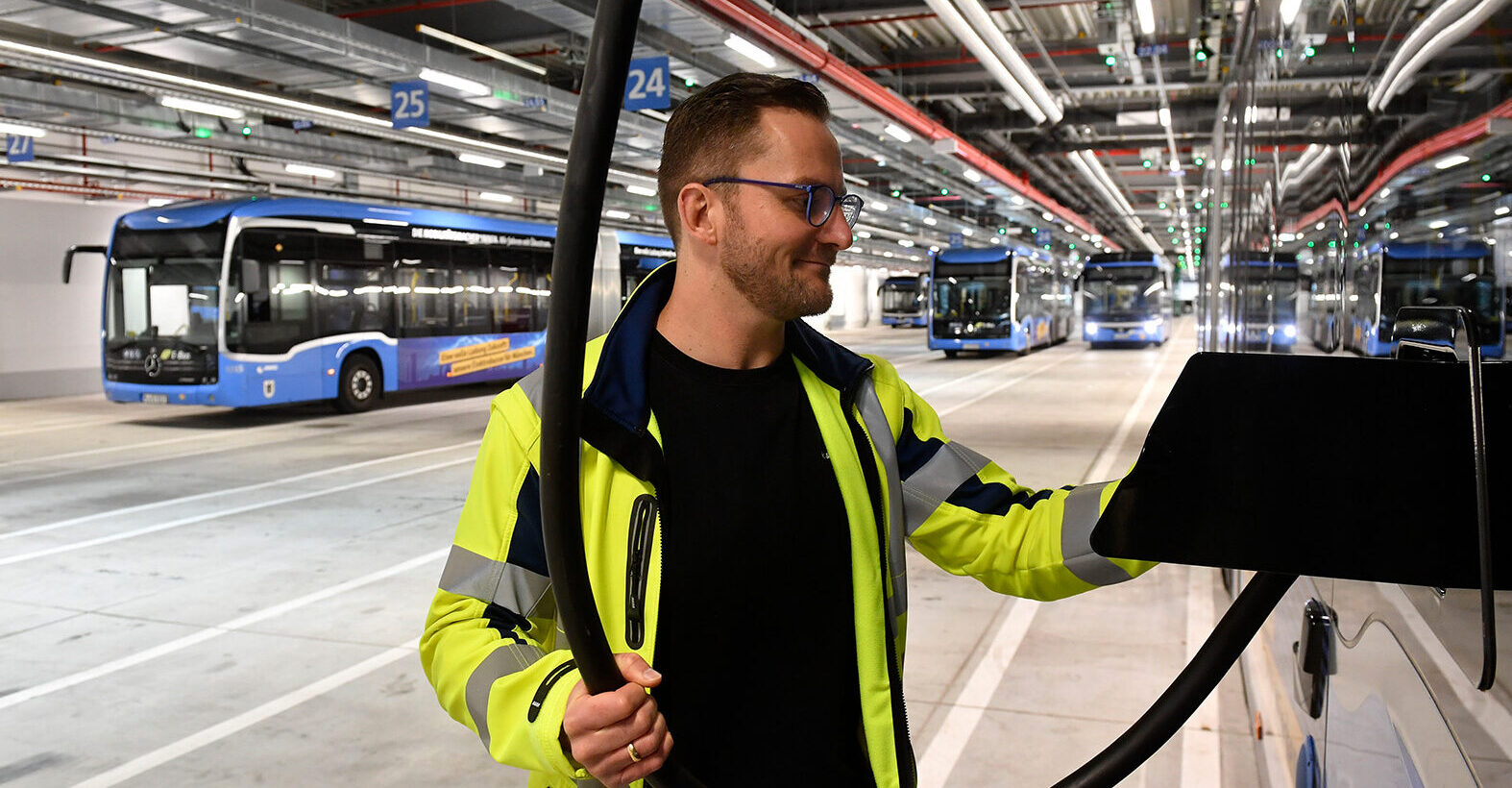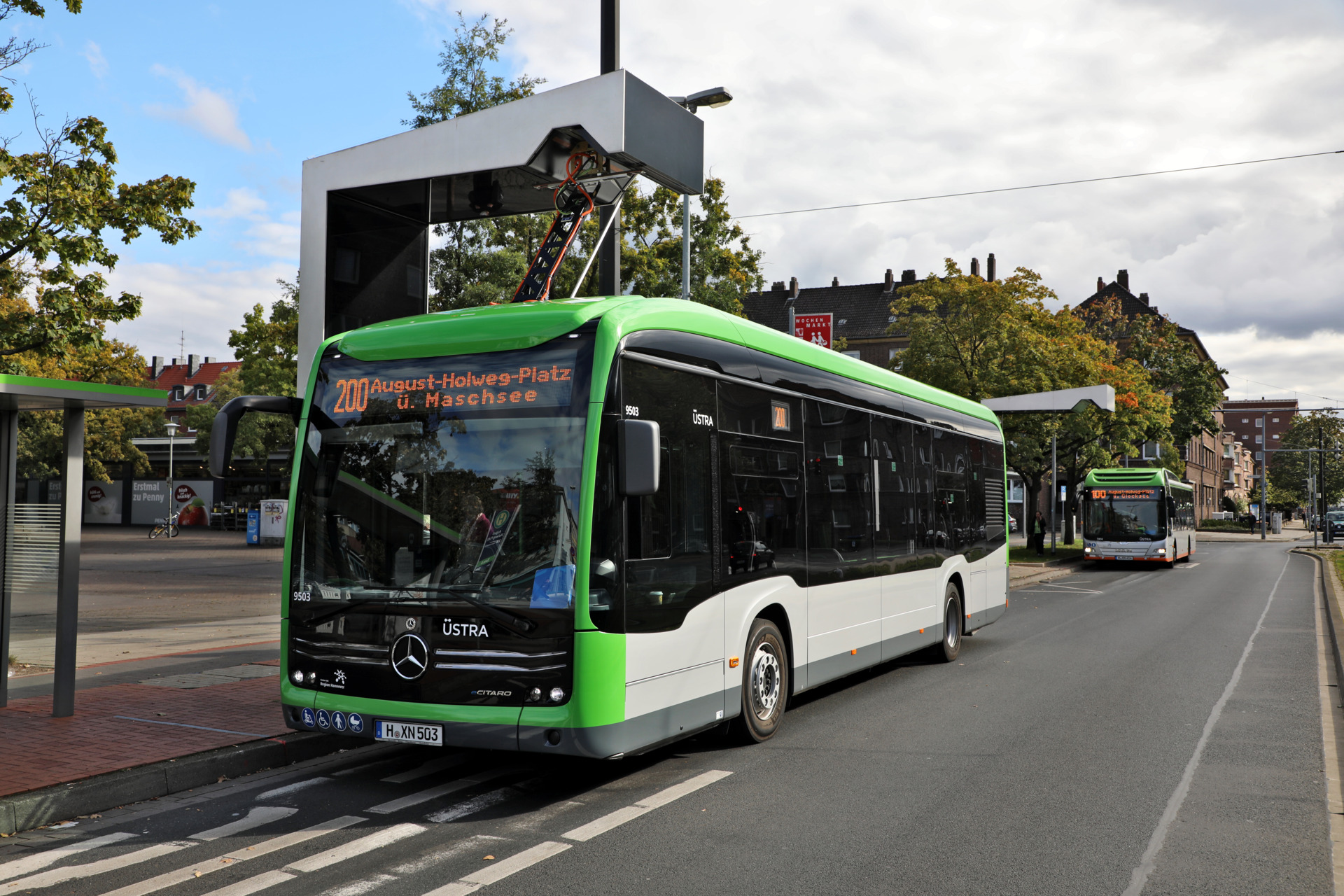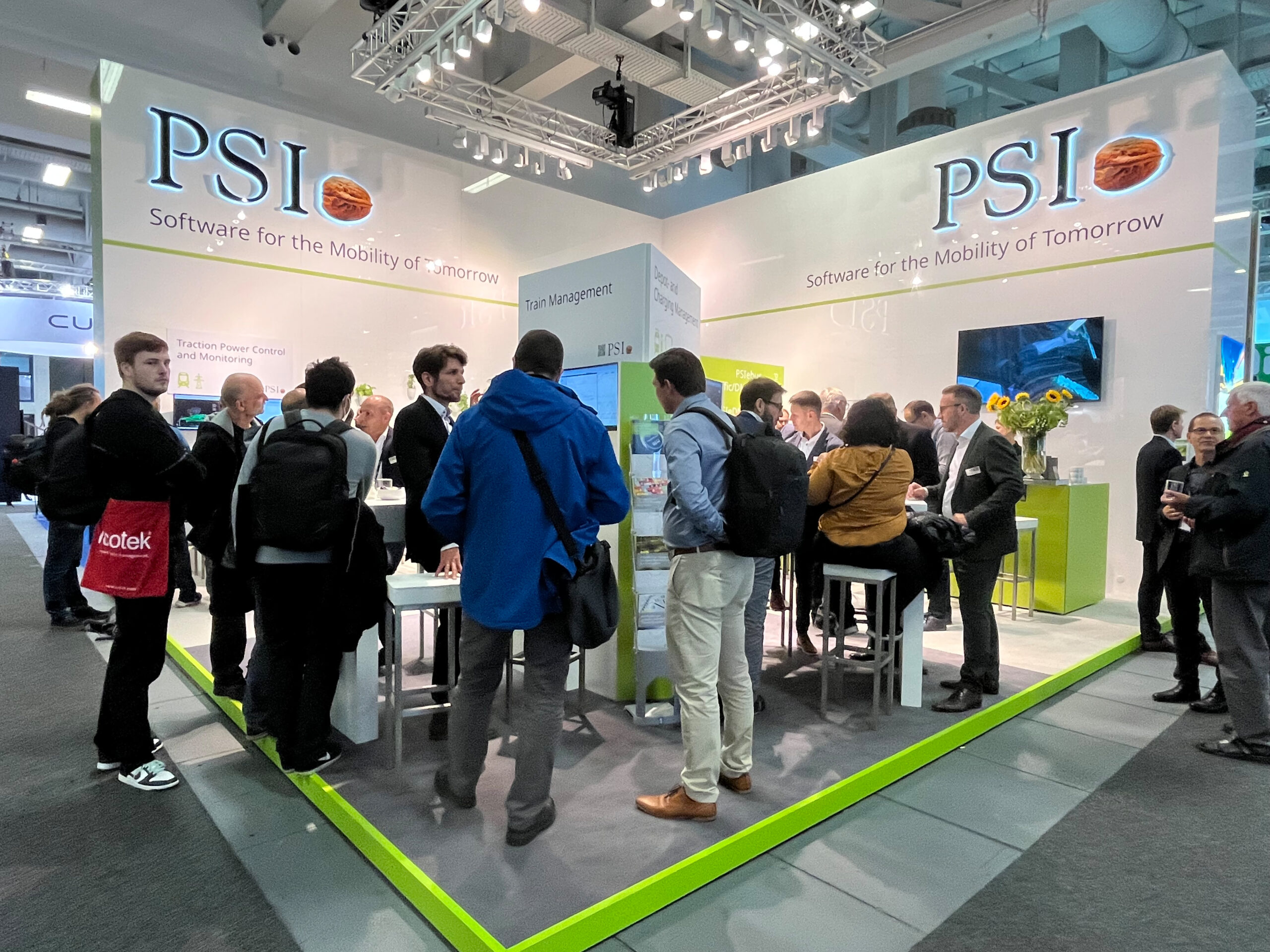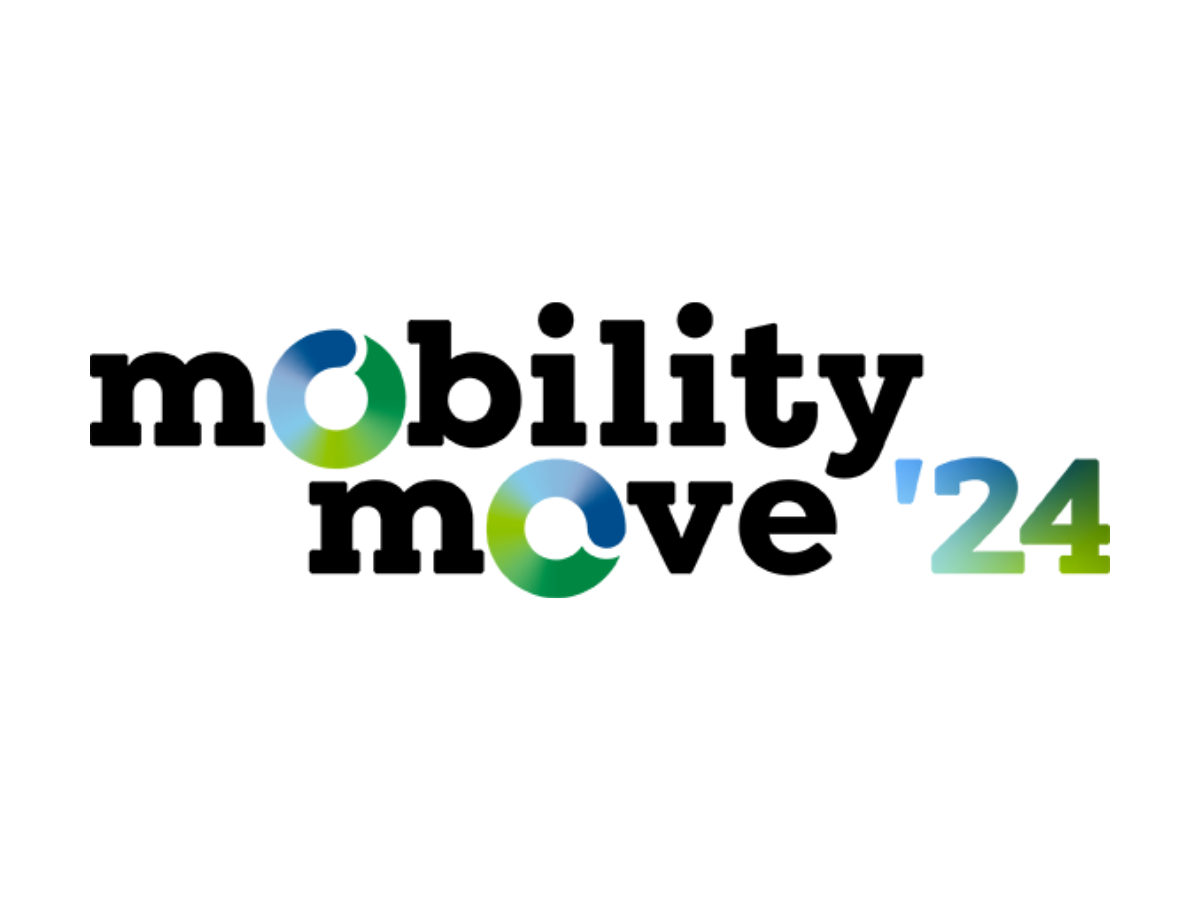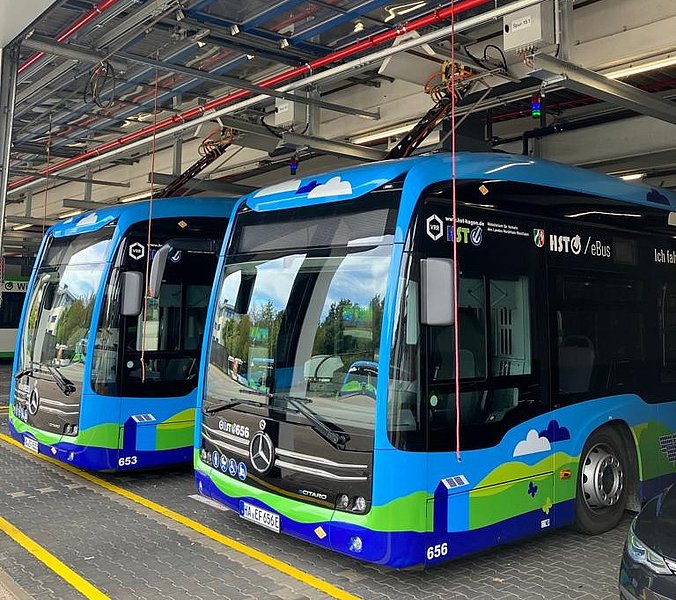During the InnoTrans 2024 trade fair, Goal Systems sat down with Olaf Bödecker, Senior Key Account Manager at PSI Transcom to discuss how operations can be optimised at electric bus depots.
Streamlining bus depot operations is a key consideration when integrating zero-emission technology into public transportation systems. During the interview, Olaf Bödecker shared insights into the relevant challenges and solutions and explored PSI’s approach to depot management, fleet electrification, and the future of automation.
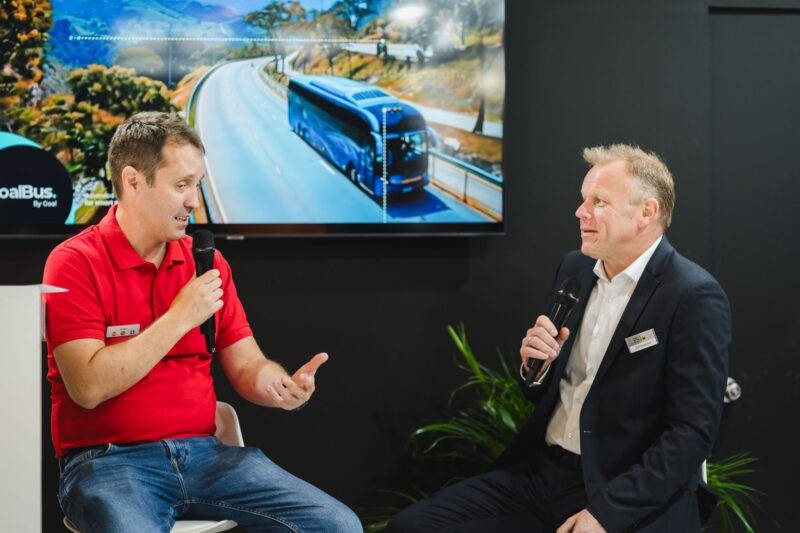
PSI aims to support clients to manage mixed fleets as they transition from diesel to electric buses. This transition from diesel to electric buses has brought a new set of challenges, as Bödecker noted that electric buses differ significantly from traditional diesel ones, particularly when it comes to depot management and scheduling.
Bödecker said:A diesel bus refuels quickly and is ready for its next shift. Electric buses, however, require hours to charge, and this impacts the scheduling of trips. Whether a bus is ready to leave or not is now a decision that is very strongly affected by the available power in the depot.
To address these issues, PSI Transcom’s depot management system acts as the “heart” of the infrastructure. The software monitors the charging status of electric buses, helps manage the flow of energy, and ensures that the buses are charged and ready when needed.
This solution is AI driven and works to optimise operations in real time, ensuring transport operators maintain 100% availability of vehicles. The system manages complex data inputs, including weather, energy consumption, and charging times to ensure optimal fleet performance.
Automation
To further streamline operations, PSI is also embracing automated processes, including autonomous driving.
At InnoTrans, PSI Transcom and Unikie are showcasing an automated bus depot, where standard buses can perform automated movements within a depot.
Vehicles move around bus depots for tasks like refueling, charging, and cleaning. Many projects are now testing autonomous buses to carry out these tasks independantly.
Menawhile, PSI Transcom and Unikie are also demonstarting full depot automation, which does not require complex vehicle modifications or lengthy approvals. Instead, the solution connects standard buses to the Unikie Marshalling Solution (UMS), creating a real-time digital twin of the depot that tracks all movements, including manually and automatically driven vehicles.
Through this intergration, all planned bus tasks can be automated and safely operated driverlessly.
Bödecker noted:We are already testing automated parking and charging systems, where electric buses autonomously move to charging stations within the depot. The goal is to reduce manual intervention and streamline depot operations.
Despite this potential, Bödecker also acknowledged that integrating new technologies into existing systems can be challenging for operators who rely on the familiarity of manual processes. He therefore advocated for a gradual approach where the complexity is introduced slowly.
Bödecker said:Many operators use spreadsheets or whiteboards to assign vehicles. Managing complexity is key. We avoid overwhelming operators with too much technology at once.
He also stressed the importance of standardisation and open interfaces to successfully integrate technology. For example, in Germany, the VDV (Association of German Transport Companies) sets many standards. PSI thus uses VDV interfaces for bi-directional communication between depot and charge management systems.
Looking ahead, Grudica believes that the transport industry will continue to embrace automation and AI, particularly as electric fleets expand and the demand for zero-emission vehicles increases.
He noted that one of the major challenges facing the industry is a shortage of drivers, which would be eased by autonomous driving.
While the transition to zero-emission vehicles is gaining momentum, Grudica notes that the public transport industry can be slow to adopt new technologies. However, he acknowledged the significant progress being made and the benefits of ongoing funding and regulatory support.
Bödecker said:It’s essential for operators to adapt to new technologies, not only to reduce costs but also to ensure they contribute to a cleaner environment. The key is managing complexity and preparing for a future where technology can reduce costs, improve safety, and enhance the efficiency of transport systems.











